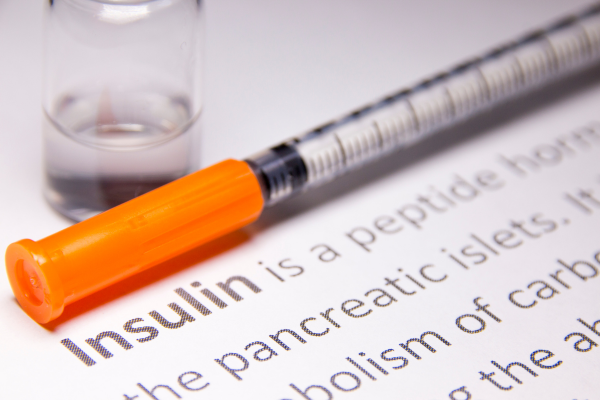Researchers at the University of Illinois College of Agriculture and the Universidade de São Paulo in Brazil are studying how cows can produce insulinfor humans.
Moo-ving the needle: In the study, scientists in Brazil inserted a segment of human DNA coding for proinsulin into 10 cow embryos. The embryos (which were implanted into normal holstein cows) resulted in a transgenic calf, with the human DNA expressed in mammary tissue.
When the cow reached maturity, the team attempted to impregnate the cow with artificial insemination, though it proved to be unsuccessful. However, small quantities of milk produced through hormone stimulation contained traces of human proinsulin and insulin.
Soundbite: “Mother Nature designed the mammary gland as a factory to make protein really, really efficiently. We can take advantage of that system to produce a protein that can help hundreds of millions of people worldwide. — Matt Wheeler, professor in the Department of Animal Sciences at the University of Illinois.
Bottom line: While the true amount of insulin a cow can produce is unknown, the study suggests a single cow can produce more than 1.4M units of insulin per day.
Where this goes: More testing is needed, with the team aiming to clone the cow again in hopes of having full milk production from the new cows.
But the team suggests a small herd (about 100 cows) could eventually produce enough insulin to supply the world for a whole year.
That could significantly increase competition—and thus lower prices—for diabetics.
Weedkiller Labeling Woes
Eleven states petitioned the EPA to set a rule to stop states (looking at you, California) from...
Grazing Prescribed to Combat Wildfires, Benefit Rangelands
Cattle and other livestock continue to show off their contribution to conserving the environment....
DCPA Ban Effective Immediately
The EPA has declared an emergency ban on dimethyl tetrachloroterephthalate—aka DCPA or Dacthal. ...




